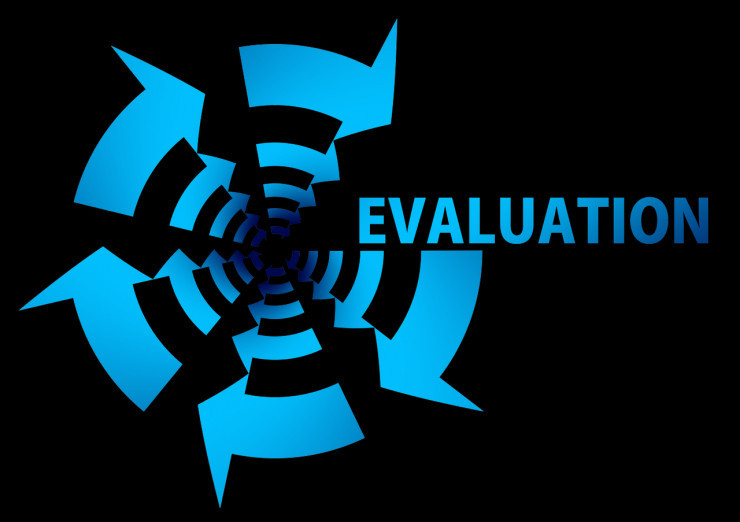GGL reacts indignantly to criticism of canalisation successes

In recent months, many studies, reports and experts have focused on the extent of illegal gambling in Germany. The information provided by the GGL and the current channelling measures, which in some cases severely restrict players in Germany, have often been criticised. The Authority has recently responded to certain court rulings.
In June 2023, the first Online Gambling Atlas revealed that many Germans do not distinguish between legal and illegal gambling offers on the internet. People seem to use what they want. The study surveyed several thousand people. The answers to questions such as "Which legal games of chance have you played in the last twelve months? Three per cent said they had played blackjack and more than five per cent said they had played roulette. However, neither of these classic table games are available in licensed online casinos.
The study "An Analysis of the Latest Developments in the Online Gambling Market as a Result of the State Treaty on Gambling 2021" by the University of Leipzig, commissioned by the German Online Casino Association (DOCV), comes to even more drastic conclusions. Not only does it become clear that the restrictive approach of the State Treaty on Gaming (GlüStV) of 2021 hinders channelling. It also states that "at least three quarters of online gambling revenues are generated on the black market". More than 75 per cent of German users are said to use unregulated gambling and spend half of their playing time there.
Presumably, this study by the University of Leipzig was the trigger for an official statement by the Joint Gambling Authority of the German Federal States (GGL). They reacted indignantly to certain accusations. In particular, the data, which usually differs greatly from that of the GGL, is a bone of contention. The latter repeatedly (indirectly) criticised the authority's sewerage successes.
The GGL comments on surveys on the size of the illegal gambling market in Germany
The GGL generally welcomes a scientific discourse, as can be read at the very beginning of its statement. The aim is to "obtain valid figures on the German online gaming market". The GGL is open to all possible approaches in order to generate such insights. The further development of methods is also an important issue.
After these reassuring words, however, the tone becomes clearer. Criticism from the industry that the GGL's procedures are not flexible enough is "firmly rejected".
The press release discusses the figures for the illegal gambling market in Germany as follows: "According to GGL estimates, there are currently between 800 and 900 websites offering illegal online gambling, such as virtual slot machines, online poker, casino games, so-called secondary lotteries and sports betting. However, the overall proportion of these sites will decrease by 2022. It is estimated that the detected illegal websites represent a market volume of between 300 and 500 million euros. This corresponds to around two to four percent of the legal market.
The estimate is thus much lower than that of the University of Leipzig.
GGL admits difficulties
When assessing the illegal gambling market in Germany, the GGL states that the relevant surveys are based on, among other things, "the recording and analysis of visitor activities on illegal websites, analyses of offers from illegal providers, evaluations of affiliate marketing networks, etc.".
However, analysing such data is extremely complex - because the black market is constantly changing. This means that, regardless of the model used to analyse the data, only estimates and snapshots can be made. Furthermore, as a regulator, the GGL would categorise the situation slightly differently to the gambling industry. It would take a more conservative approach, whereas the companies and their associations would give more consideration or weight to the competitive situation created by the illegal market.
For these reasons, the aim is to work closely with the industry. In the long term, the aim is to reach a common understanding: "Despite different interests, it is the declared aim of the GGL to find a common position on how to measure the illegal market.
Conclusion
Image source: https://pixabay.com/illustrations/arrows-circle-evaluation-judgement-1262403/

0 Comments to: GGL reacts indignantly to criticism of canalisation successes
Our community thrives on your feedback - so let us know what you think!
Would you like to write comments on GambleJoe yourself? Then just create a GambleJoe User Account.